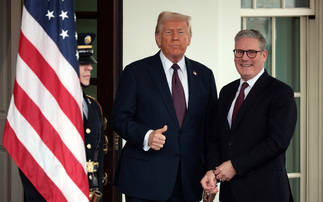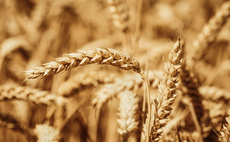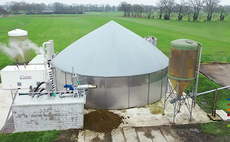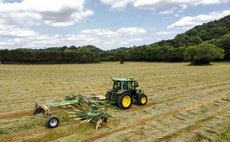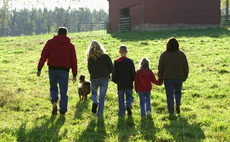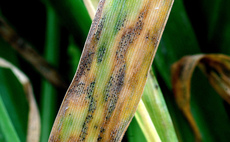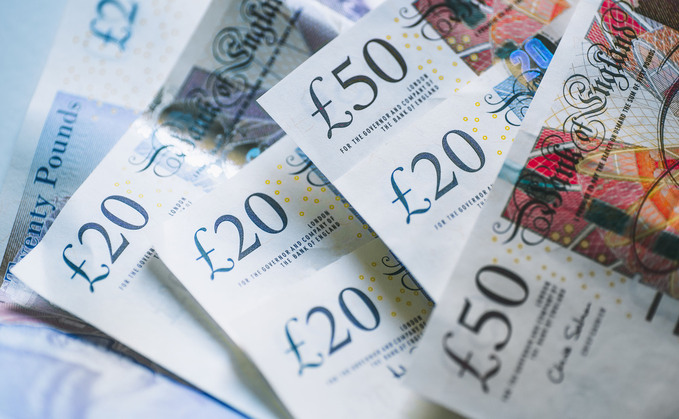
Defra has announced a much more rapid phasing out of the de-linked Basic Payment Scheme (BPS) payments for farmers in England than was previously expected.
While much of the focus following the Autumn Budget has been on the changes to Agricultural Property Relief (APR), industry experts have warned farmers that de-linked BPS payments will be phased out more quickly.
READ NOW: Autumn Budget 2024: What do farmers need to think about?
Jonathan Armitage, Strutt and Parker head of farming, said: "Most farmers had been expecting a continuation of the existing path to a zero payment by 2028.
Basic Payment Scheme
"In fact, no farmer will receive more than £7,200 from next year. For a farmer who received a payment of £100,000 (about 429ha) in 2020, the total payment will be more than £40,000 less over the period 2025-2027 than anticipated.
"This will clearly have a negative effect on farm businesses' cashflows and profits. Significant differences in approach are becoming clear between the devolved administrations as far as future farm support is concerned."
READ NOW: Defra Secretary says Government's commitment to farmers 'remains steadfast' after Budget anger
Nick Mullins, chartered surveyor and environment advisor for H&H Land & Estates, highlighted the fastest subsidy reductions would apply to those who historically received the largest payment.
"For example, the top 4% of recipients — who received over £100,000 in BPS in 2020 — will receive no more than £8,000 by 2025. In contrast, most farmers, who began with less than £10,000 in payments, will see a gradual reduction in their delinked payments but will continue to have access to funding through SFI and other schemes."
Autumn Budget
For 2025, the Rural Payments Agency will apply a 76% reduction to the first £30,000 of a payment, while making no payments for any portion of a payment above £30,000.
READ NOW: Defra's £2.4bn Agriculture Budget at a 'tipping point'
Mr Mullins gave the example of a payment of £40,000, which would have a 76% reduction applied to the first £30,000 of the payment, a reduction of £22,800. A 100% reduction would be applied to the next £10,000, a reduction of £10,000.
The payment would be reduced by £32,800 to £7,200.
"This should surely see increases to SFI and stewardship rates, but we cannot predict this."















